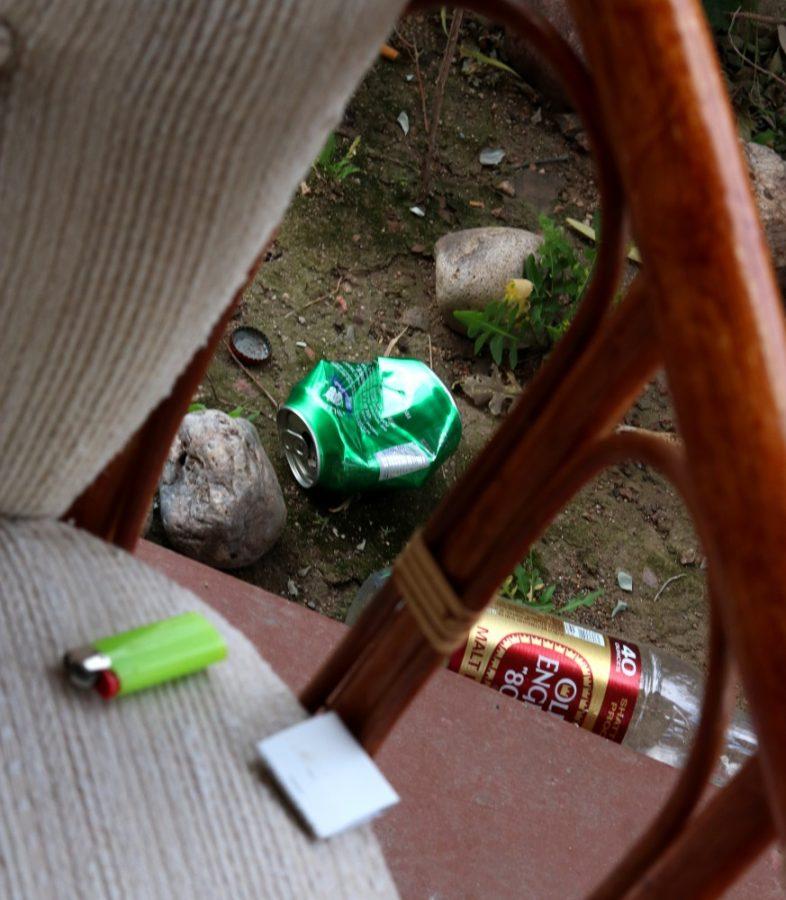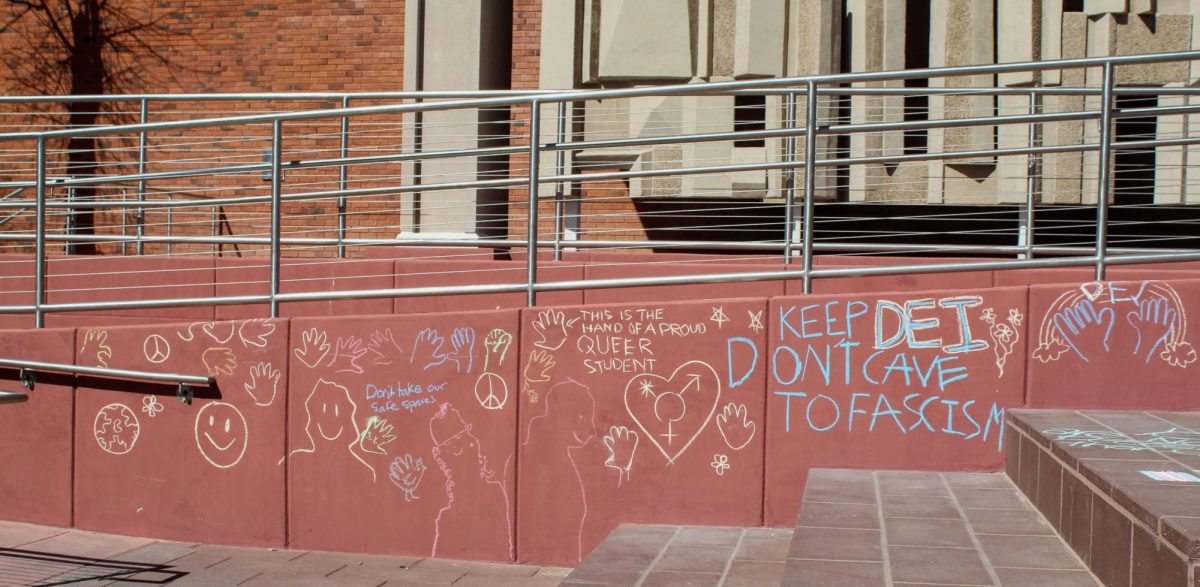Over 790 people have signed a petition in hopes of it reaching Tucson City Council for reconsideration of how “red tag” law is enforced.
The red tag program was created in 2007 and used to create environments where safe behavior is the norm. According to the Dean of Students office website, “The program is designed to diminish extreme misconduct that places students and University community members at risk.”
The purpose of the petition created by Clark Knobel, a junior studying political science, is to find at least one city council member to stand for the change to the law.
He was inspired to create the petition after reading a Daily Wildcat report on red tag citations. Over half of the 172 issued citations were given to residents within 2.5 miles of UA between August 2015 and May 2016.
“Were trying to get more than 1,000, I’d say like three to five thousand signatures,” Knobel said. “Then I want to present it to city council with what we want changed to the law and the goal is hopefully get one city council member to back the actual change of the petition.”
RELATED: UA student suing Sigma Chi for false defamation
The main problem described in the petition is the thoroughness of the law.
When dealing with what “unruly” noise truly is, Knobel said no set standard has been described. “What we’re trying to do right now is stop how ambiguous the law is,” he said. “Because the law right now is written in a way that a police officer can basically go to any house and deem what that noise level is.”
The students would be able to understand the law if city council works to change how noise is specifically dealt with, according to Knobel.
“It should be clear this decibel limit breaks unruly violations and have a very clear decibel limit from a certain distance from the house …”
The Dean of Students office policy states, “The ordinance defines it as a gathering of five or more persons on any private property in a manner which causes a disturbance of the quiet enjoyment of private or public property by any person or persons.” Disturbances included disturbing the peace to excessive noise and traffic.

Knobel said the law should also take into account that most houses on campus have close to or over what the law states. “There needs to be more than five people because most college students live with more than five people currently,” said Knobel. “You should not have more rights for having less roommates.”
Javier Strickler, a junior studying physiology, described how he received a red tag when he arrived back to his fraternity house after almost five hours at a campus library.
“Specifically for this day there was no party, there was no gathering, just guys painting and power washing,” Strickler said. “We had some music but it was in our parking lot and I don’t know the peace we were disturbing or why they had to follow through with it.”
RELATED: UAPD Campus Safety report shows increase in stalking and drug violations
He said the police didn’t hesitate to find a current resident to give the citation he received. “That was the most bizarre scenario I’ve ever heard of for the red tags,” Strickler said.
The “red tag” citation comes with a $500 fine and a maximum $1,500 penalty with three or more tickets. The red tag will stay on the location for 180 days signifying a lockdown of the location. Because student conduct is involved, the Dean of Students office will be notified and can discipline students if the office deems the code violated.
Those receiving the citation, as Strickler did, have 10 days to contest the citation, or 15 days if the red tag was sent to the residence by mail.
Strickler filed a written contest to the citation and received the court date a month and a half later.
The appeal worked out in his favor because Strickler said the video evidence didn’t accurately portray what warrants a red tag citation. Also, he said the neighbor who called in the complaint mixed up all her information. “The judge was just not buying the whole case … the person that complained was saying everything wrong, so my attorney just called for it to dismiss and it did.”
Knobel said the changes to the law would help an overall understanding of proper conduct. “We’re trying to make them more student friendly and actually have clear communication between neighbors and people if they choose to throw a party.”
Follow Shaq Davis on Twitter.









